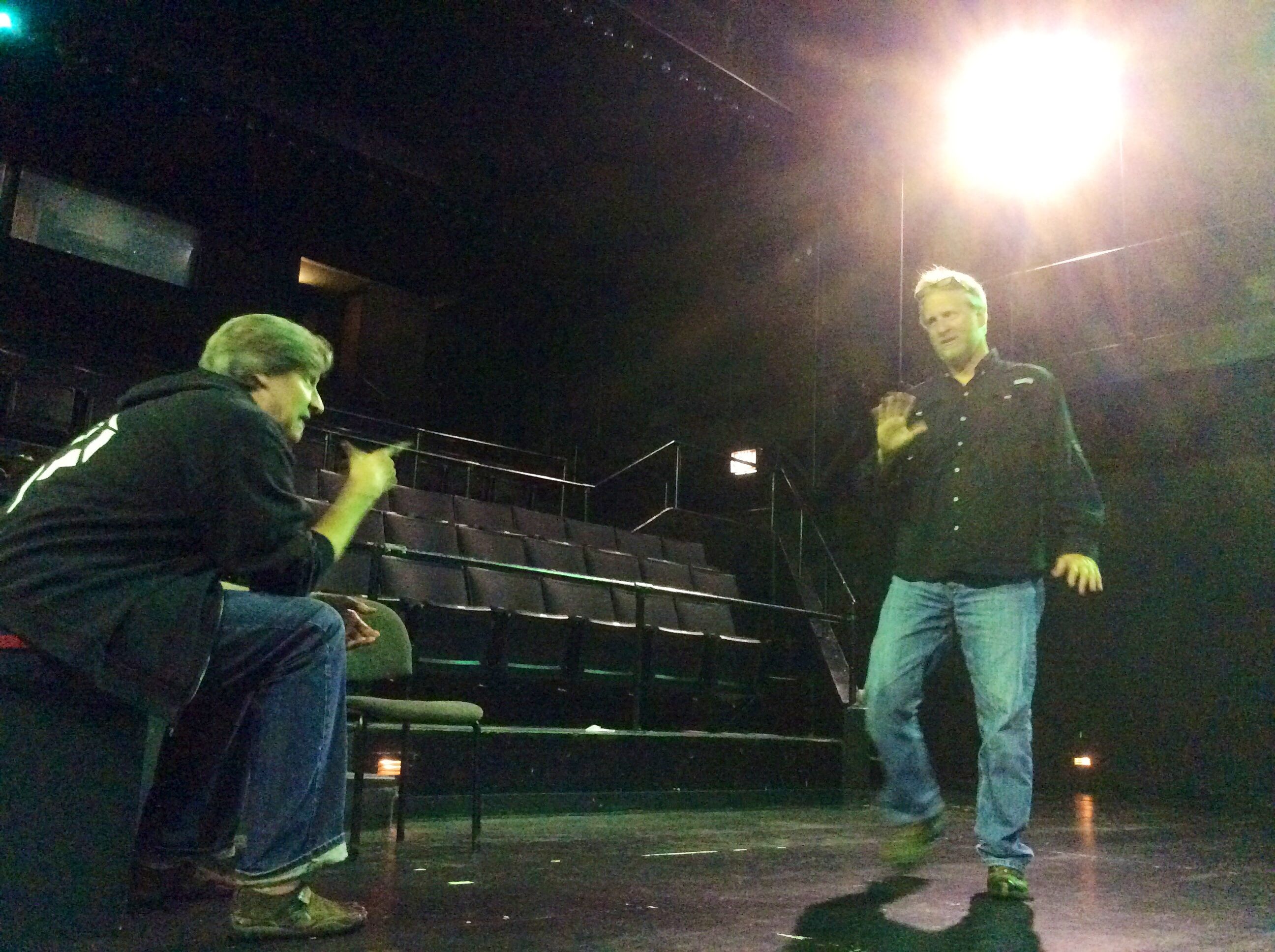New artist residencies focused on disability culture
published: Sept. 3, 2014
There are not many residencies for artists and or writers with disabilities. Mostly residencies are for everybody, but a nonprofit organization has partnered with a university to provide unprecedented residencies.
3Arts announced today the creation of two 3Arts Fellowships at the University of Illinois at Chicago (UIC), unprecedented artist residencies focused on supporting the creation of new work by local artists with disabilities who are actively engaged in raising awareness about disability culture on and off campus. For the inaugural 2014/15 year, two past 3Arts Award recipients were invited to apply; following this pilot, the process will be opened to qualifying artists in the Chicago metropolitan area.
The inaugural fellowship recipients, 3Arts Awardees Robert Schleifer (theater and performing arts) and Riva Lehrer (visual arts), will be given full access to the resources available on the UIC campus, support in making new work, and paid opportunities to engage with students and faculty, and through public programming in organized critiques, studio visits, public forums, and workshops. Schleifer is currently working to translate Yasmina Reza’s Art completely into American Sign Language, involving the UIC community in workshops this fall. The new play will be titled "Art in ASL." Lehrer’s fellowship, beginning in February 2015, will explore issues of portraiture and power in a series of collaborative portraits.
UIC plans to utilize the fellowships to create space for more interdisciplinary artistic approaches to art, and study of the intersection of research methods and artistic processes—such as the connection between the medical humanities and art.
“These fellowships support both the artists and the institution as they acknowledge the value that each can provide for the other,” said UIC School of Art & Art History Director Lisa Yun Lee. “The university provides resources for the artists to catapult their emerging careers, and the artists help the university to expand and further develop its culture around art and disability and further our mission of creating knowledge that advances social change and transforms people’s lives.”
“We hope that these fellowships will shed light on different models of creative expression, focusing on questions of accessibility and educating the campus and public more on disability art, disability culture, and inclusive learning,” said UIC Department of Disability and Human Development Associate Professor Carrie Sandahl.
IMAGE: Robert Kingett, Digital Journal